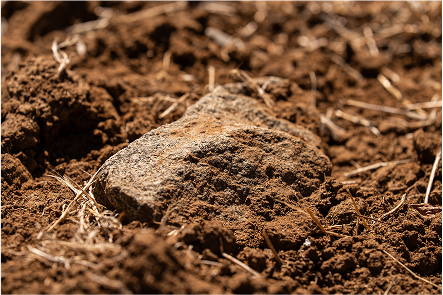Nas terras de Monsaraz e em torno da sua vila medieval, faz-se vinho desde tempos imemoriais.
Quando o povoado de Reguengos cresceu e se tornou sede de concelho, em meados do século XIX,
a vinha transformou-se em desígnio estratégico para os seus habitantes: a partir de 1860 e ao longo da década seguinte plantaram-se mais de um milhão de videiras. Em 1903, Reguengos já era considerada
“a região vinhateira mais rica do Alentejo".
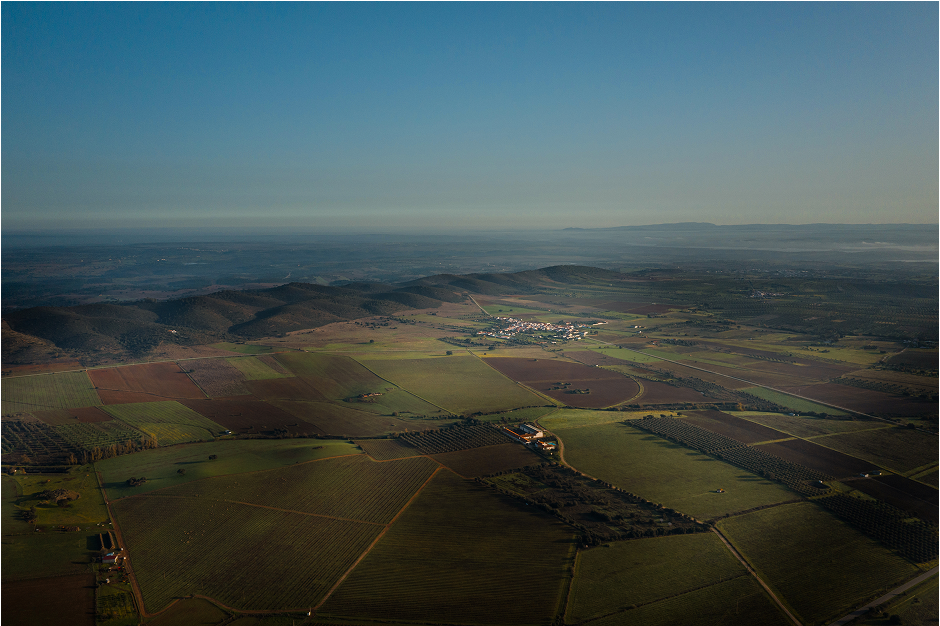
By the will of the people
The Reguengos de Monsaraz Agricultural Cooperative, founded in 1971 by 60 farmers, emerged as a natural development of this unique Alentejo winemaking economy. Today, it has approximately 700 members who, through its facilities, deliver grapes from 3,000 hectares of vineyards, making it the largest winery in the Alentejo and one of the largest in Portugal.
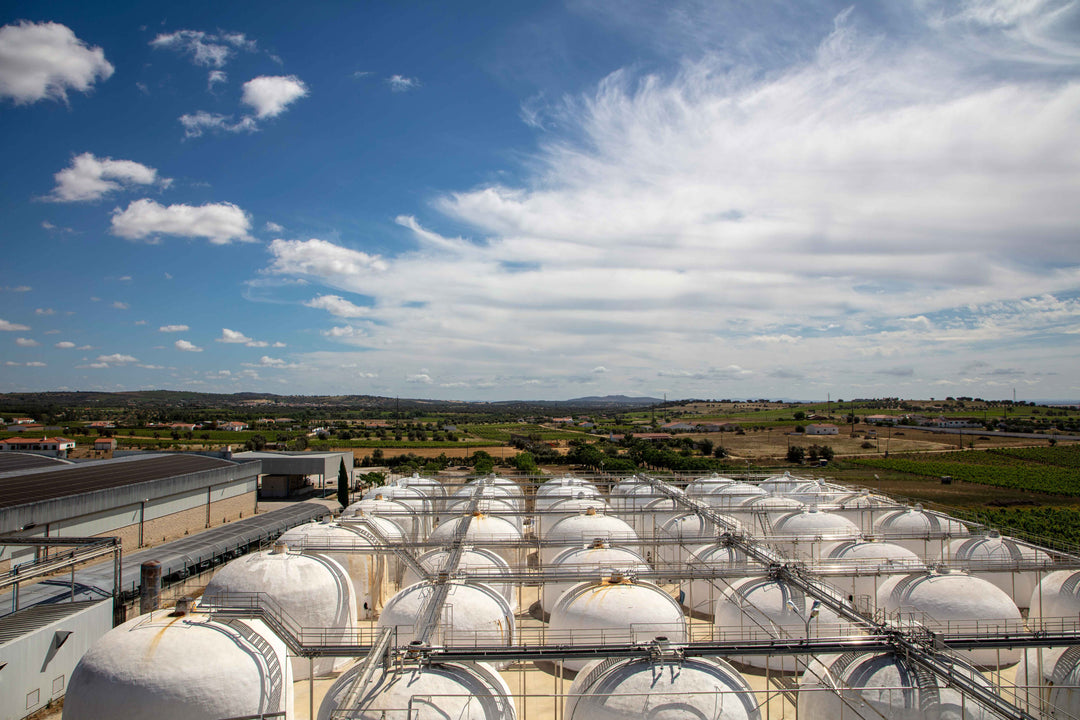
And from the grapes wine was made
The winery is where the magic happens. In vats, talhas, presses, and barrels, grape juice becomes wine, under the watchful eye of Rui Veladas and Tiago Garcia. CARMIM's winemakers combine science and innovation with "ancient knowledge," rooted in the region's winemaking culture. Thus, each wine created here conveys the authenticity of Reguengos.
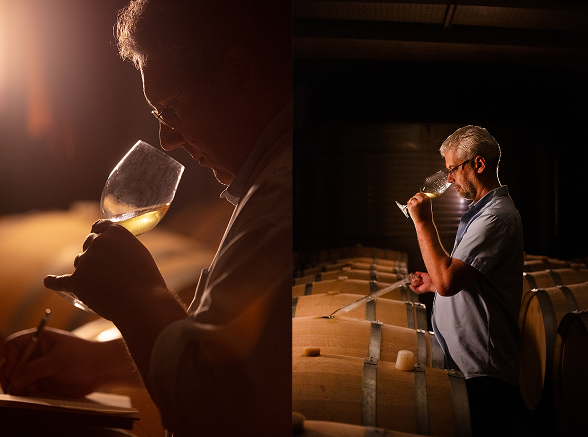
Videiras que sofrem
A sabedoria antiga diz que a videira que sofre é a que dá melhor vinho.Muitas das vinhas de Reguengos são de sequeiro, ou seja, não são regadas. As suas raízes penetram profundamente no solo em busca de água, absorvendo minerais e nutrientes que não existem à superfície. São vinhas resistentes ao clima e adaptadas às condições locais, vinhas que reservam todas as suas energias para alimentar os cachos que produzem. E assim fazer nascer grandes vinhos.
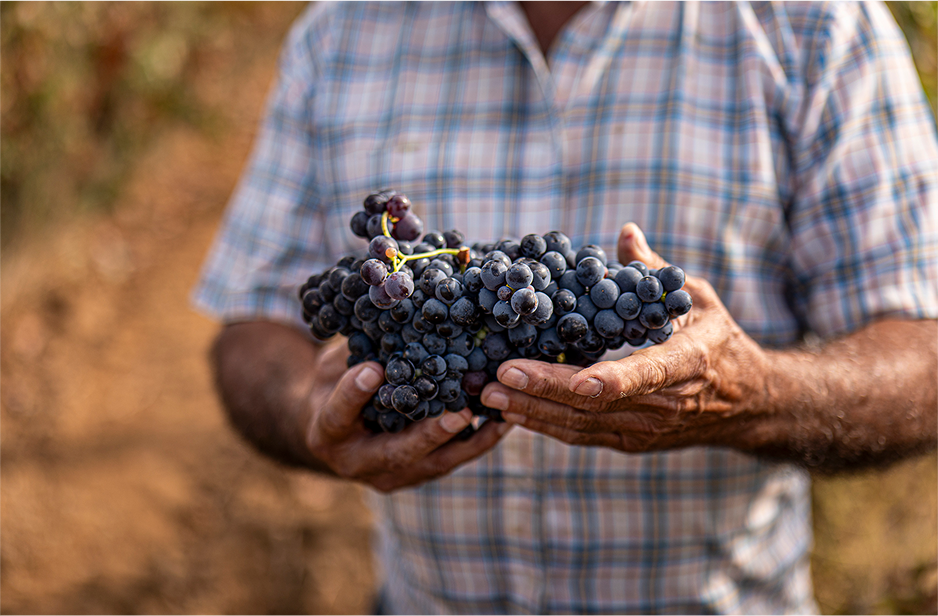
Love the land
We live off the land, where the vines that produce our wines grow. Caring for it is a way of repaying its generosity. The warm climate limits disease and reduces treatment costs. CARMIM winegrowers practice integrated conservation, managing natural resources for sustainable agriculture.
